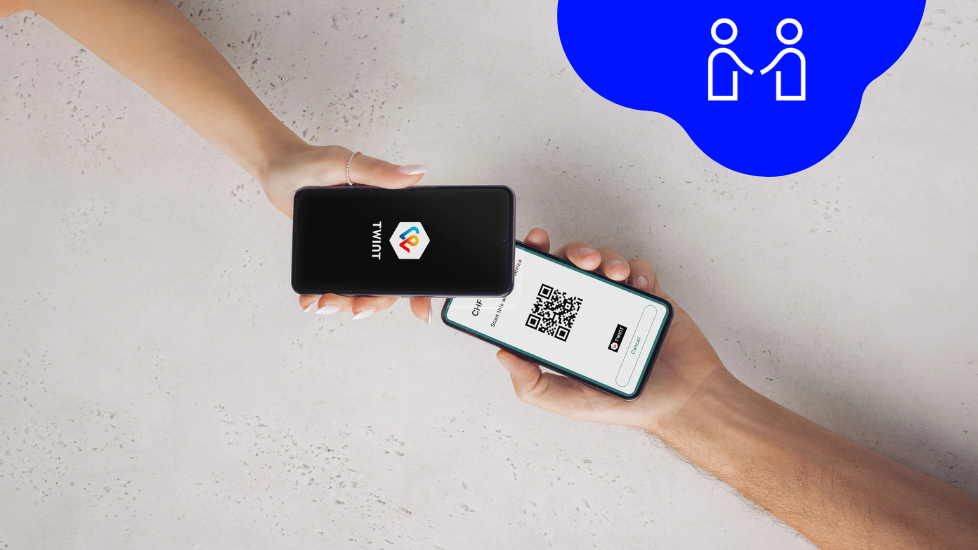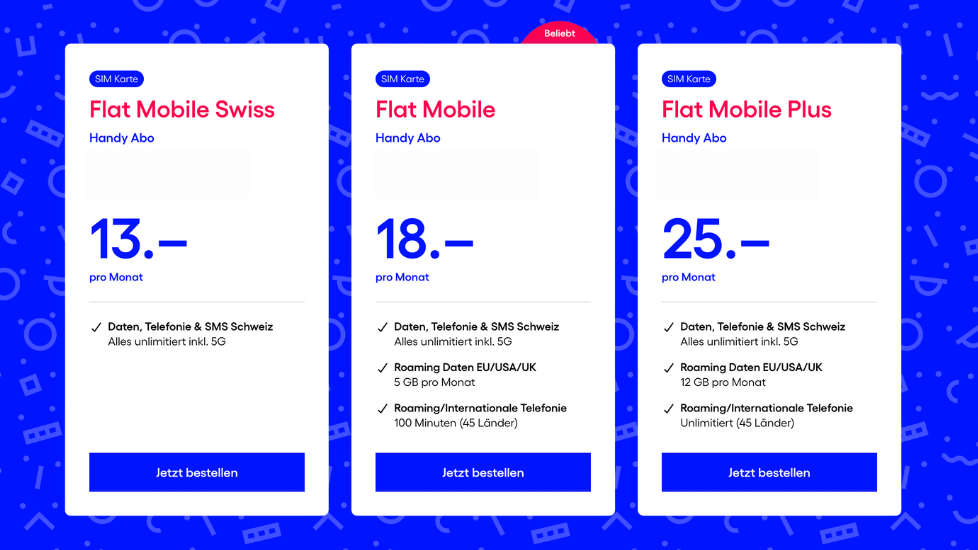New Roaming Rules for Greater Customer Satisfaction
What Will Change as a Result of the Bakom Revision
Being surprised by horrendous bills from your mobile phone provider after a vacation was not uncommon until now. However, the revision of the Bakom’s Telecommunications Act, which came into force on July 1st, is set to change this: Surfing and calling abroad will become more customer-friendly and transparent. The new regulations mean significant changes for both, end-customers and providers; classic combo packages for mobile services at home and abroad are losing importance as a result.
Annual Roaming, Cost Limits and the End of per-Minute Billing
Probably the most relevant changes for customers concern both, mobile data usage and telephony, to and from abroad.
On the one hand, call minutes will now be billed on a per-second basis. This means that billing will no longer be based on the full minute, but on the exact second. A 35-second call may now only be billed for this effective amount of seconds and no longer for 60 seconds.
On the other hand, international data packages are no longer valid for only 30 days, but for 365 days. Unused roaming packages no longer simply expire after 30 days, as it was previously the case, but can continue to be used throughout the year for repeated stays abroad.
So, anyone who goes on vacation several times a year and needs mobile data can benefit from this change in the law.
Another customer benefit comes with the new cost cap. Customers can set their own cost limit for roaming services to avoid nasty surprises on their monthly bill after their vacation.
In addition, the revision of the law stipulates that providers must communicate their roaming rules transparently and in a way that is easy to understand.
Why Roaming Included in a Mobile Subscription Is No Longer Suitable
In response to the new legislation, providers have adapted their offerings accordingly and customers can take advantage. The emphasis here is on “can”. Only those who are aware of the changes can benefit from the new regulations. However, this seems to be the crux of the matter: Many customers have not yet understood the new regulations, and some providers are taking advantage of this. Some providers still offer 30-day roaming packages, even though this is no longer necessary. Caution is therefore required when selecting the right roaming package.
The choice of the mobile subscription itself is also linked to this. The discontinuation of time billing for phone calls and the longer validity period of roaming packages make conventional combination offers that bundle domestic and international services less attractive. Prices for roaming services are now closer to actual needs and consumption, which makes mobile subscriptions that include all services superfluous in most cases.
Many combo subscriptions charge between CHF 5-40/month (CHF 60-480/year) more for data and telephony abroad than comparable offers without included roaming. This means that customers pay every month for services that most people only need for a few weeks per year. The solution is to use roaming as needed. With a mobile subscription for Switzerland and a manually added roaming package for international travel, you are now much better served and, above all, cheaper, provided you are not abroad regularly. With a subscription from Digital Republic, e.g. Flat 10 for CHF 10, you have unlimited surfing in Switzerland and can add a 1 GB roaming package for CHF 15 when you are on vacation. This way, you only pay for and use what you actually need. What’s more, you don’t have to pay more across the board than you actually use, as is the case with a combo subscription.
Discover Our Other News Articles

Payment Terminals for Everyone!
The world is becoming increasingly cashless. Small and medium-sized businesses in particular are faced with the challenge of having to accept electronic payments when dealing directly with customers. The necessary equipment is often expensive, complicated, and comes with a monthly base fee. But there are alternatives!

The Development of Our Ideal Cell Phone Plans for Switzerland
The path to the current Trio Flat Mobile Swiss, Flat Mobile, and Flat Mobile Plus cell phone plans is also an example of how Digital Republic wants to function as a provider and where its priorities lie. We have quickly transformed ourselves from a pure data SIM provider to a cell phone plan provider. And we have completely rethought the development process.

The Affordable Mobile Provider With Award-Winning Service
When it comes to mobile providers in Switzerland, the wheat is often separated from the chaff when it comes to price. Either you pay little for your subscription and do without services like support or 5G, or you go to one of the big providers and pay more than you might like. At Digital Republic, you get both!
